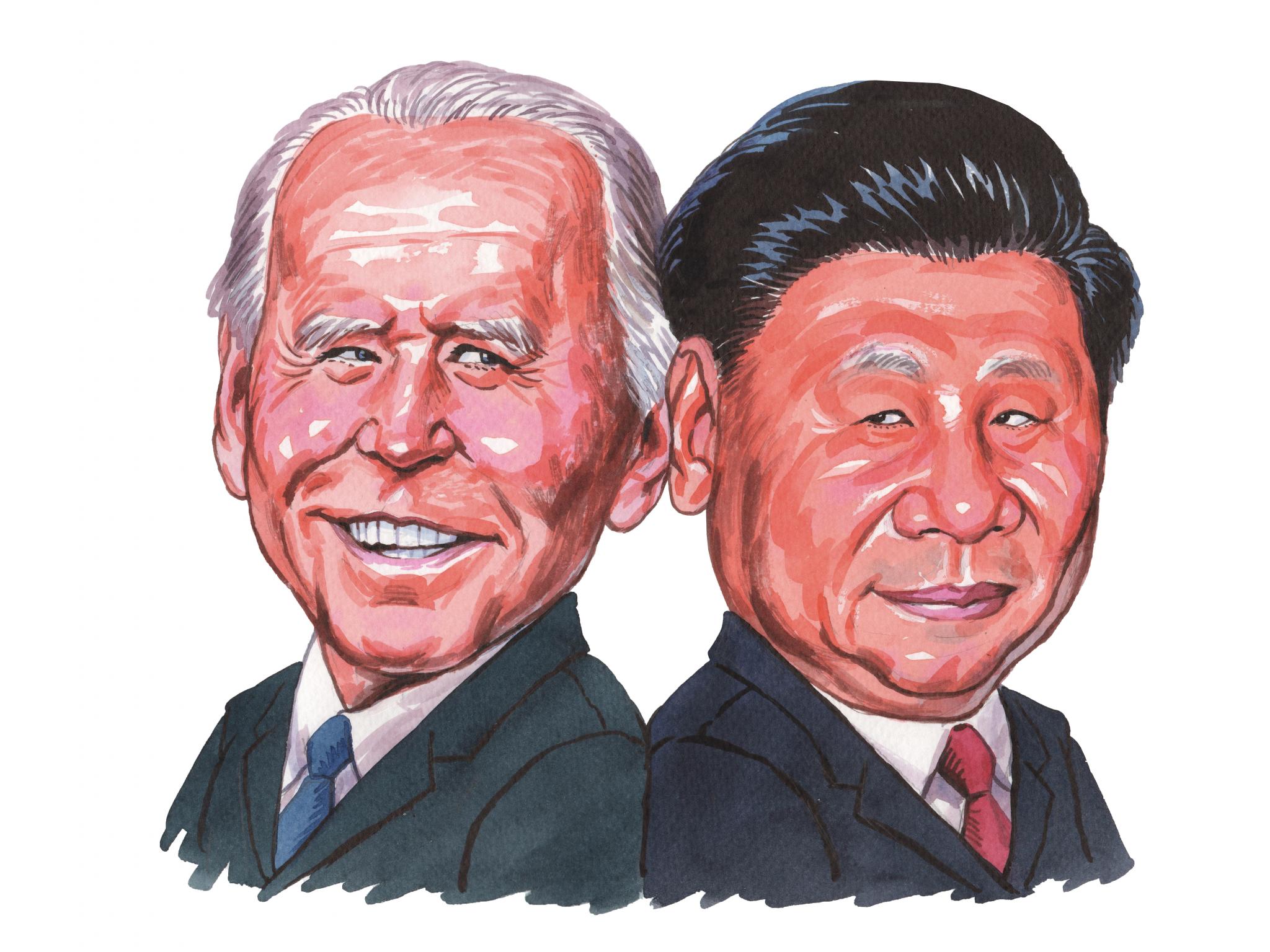
President Joe Biden is considering rolling back some tariffs imposed on Chinese goods during the term of former President Donald Trump as the United States grapples with inflation.
What Happened: Tariff reductions, under consideration by Biden, would reduce the overall inflation rate by an estimated quarter of a percentage point, according to economists of the administration, The New York Times reported on Tuesday.
Officials are considering at least partial relaxation on the tariffs, which could have side effects such as companies keeping their supply chains in China instead of moving them to the U.S. — a priority for Biden, according to the report.
The move could lead to political attacks on Biden and his Democratic allies in Congress for appearing to be weak on China as the U.S. heads for midterm polls and the next presidential election, as per the report.
Why It Matters: The U.S. has a 25% tariff on nearly $160 billion of Chinese products and another $105 billion of consumer goods are taxed at 7.5%, reported the Times.
China has reportedly failed to uphold commitments under the U.S.-China trade deal negotiated by Trump, such as buying significant amounts of natural gas and planes made by the Boeing Co (NYSE: BA).
The Consumer Price Index (CPI) rose 1% month-over-month in May on a seasonally adjusted basis, well above the consensus estimate of 0.7%. Over the last 12 months, CPI rose 8.6% before adjustment versus a consensus of 8.2%.
Fighting inflation is mainly the preserve of the U.S. Federal Reserve, which is expected to raise interest rates by 0.75% on Wednesday.
On Monday, the SPDR S&P 500 ETF Trust (NYSE: SPY) entered bear territory as markets reacted to the impending rate hikes.
Price Action: On Tuesday, the SPDR S&P 500 ETF Trust closed 0.3% lower at $373.92 and rose 0.5% in the after-hours trading, according to data from Benzinga Pro.
Read Next: 'Stunningly High': Experts React To 8.6% CPI Inflation, Highest In 40 Years







